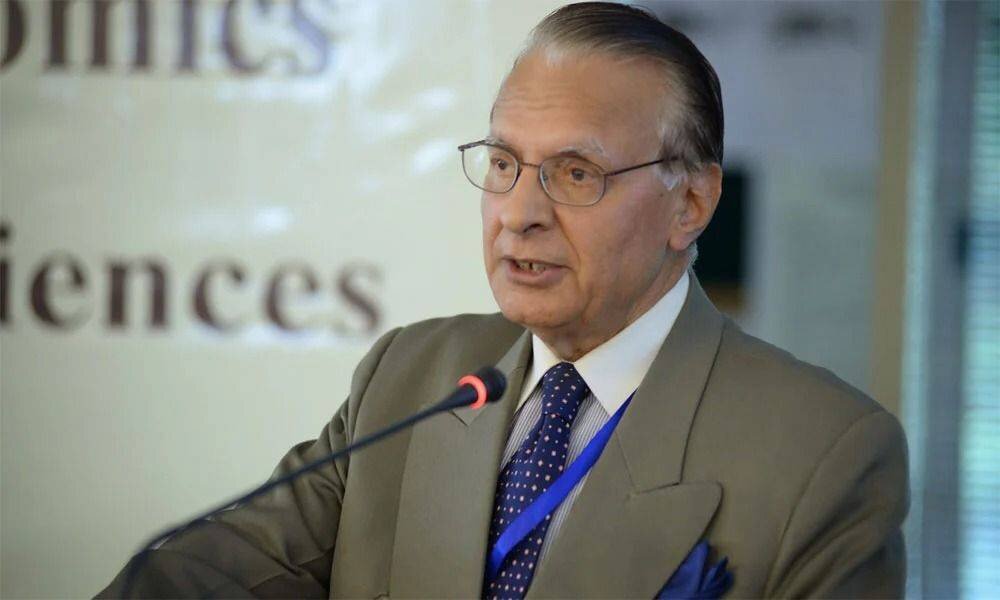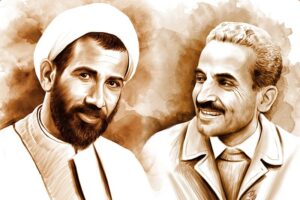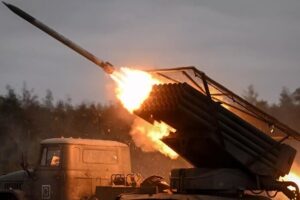
In an interview with Mehr News Agency, Shamshad Ahmad Khan said, “Pakistan and Iran enjoy deep diplomatic ties, and the relations are not at a normal level.”
There are no fundamental differences between the two countries, he said, adding that there are only some strategic issues, the only reason being the geopolitical position.
Both countries are very important in the region, he said, noting that Iran and Pakistan have always assisted each other if necessary.
Whenever Pakistan is in trouble, Iran has declared readiness, he stated.
“Iran supported us in the 1965 war, and in 2002, when Indian forces reached the Pakistani border, Iran supported us at the time,” he underlined.
Pakistan’s former Foreign Secretary went on to say that Pakistan has also advocated Iran in various situations.
This is a sign of the depth of relations between the two countries, he further noted.
The expert said that there is currently a caretaker government in Pakistan and it has come under attack from Iran. The question is why?
“I spent eight years in Iran and served diplomatically for Pakistan for 40 years. My diplomatic career started in Iran, I went to Iran in 1965 and at that time I wrote the minutes of the meetings of the Shah of Iran and the president. They complained about each other in meetings and had problems in relationships.”
“But in the current situation, the problems have been pressured by the United States and Israeli regime,” the analyst added.
Terrorist groups operating in Iran are under the protection of foreign powers. Both countries are well aware of which group is under the auspices of which foreign power, Ahmad Khan said.
Jaish al-Adl is under the auspices of the United States, which has carried out several operations in Iran. The US is targeting Iran because of Iran’s support for Palestine and using its proxies like Jaish al-Adl, he added.
When the Taliban tried to control the area, similar incidents happened every day. Even when a member of the IRGC was martyred in Afghanistan, Pakistan was accused, but this was resolved through dialogue.
Iran should have resolved the crisis through diplomatic relations when it attacked the group, he stated.
In mid-January, Iranian Foreign Minister Hossein Amir-Abdollahian in a telephone conversation with his Pakistani counterpart Jalil Abbas Jilani described Pakistan’s security as Iran’s security.
Amir-Abdollahian added that the so-called Jaish al-Adl terrorist group acts against the security of both countries.
Iran’s security has been threatened by this terrorist group from Pakistan’s soil, and the group has repeatedly claimed responsibility for terrorist acts on the territory of the Islamic Republic, he said.
On January 18, Iran’s Ministry of Foreign Affairs issued a statement, saying Iran’s Tuesday missile attack on a terrorist position in Pakistan’s Balochistan was a “preemptive operation” after the Islamic Revolution Guards Corps (IRGC) forces in southeastern Iran observed that a terrorist group was preparing to infiltrate Iranian territory to carry out an attack.
MNA




